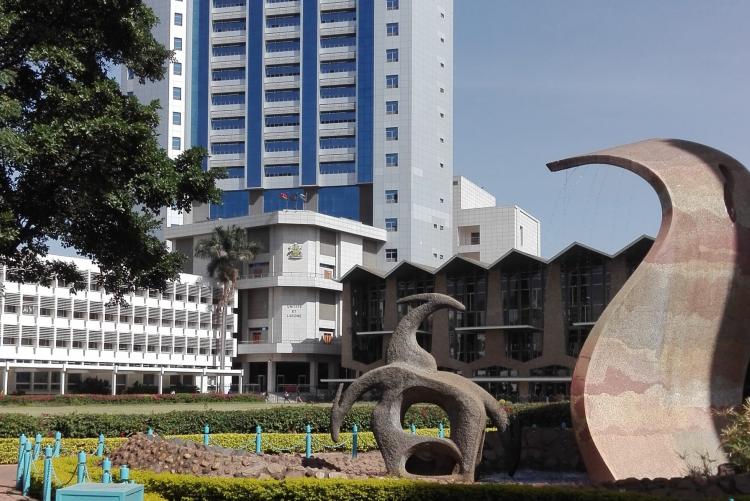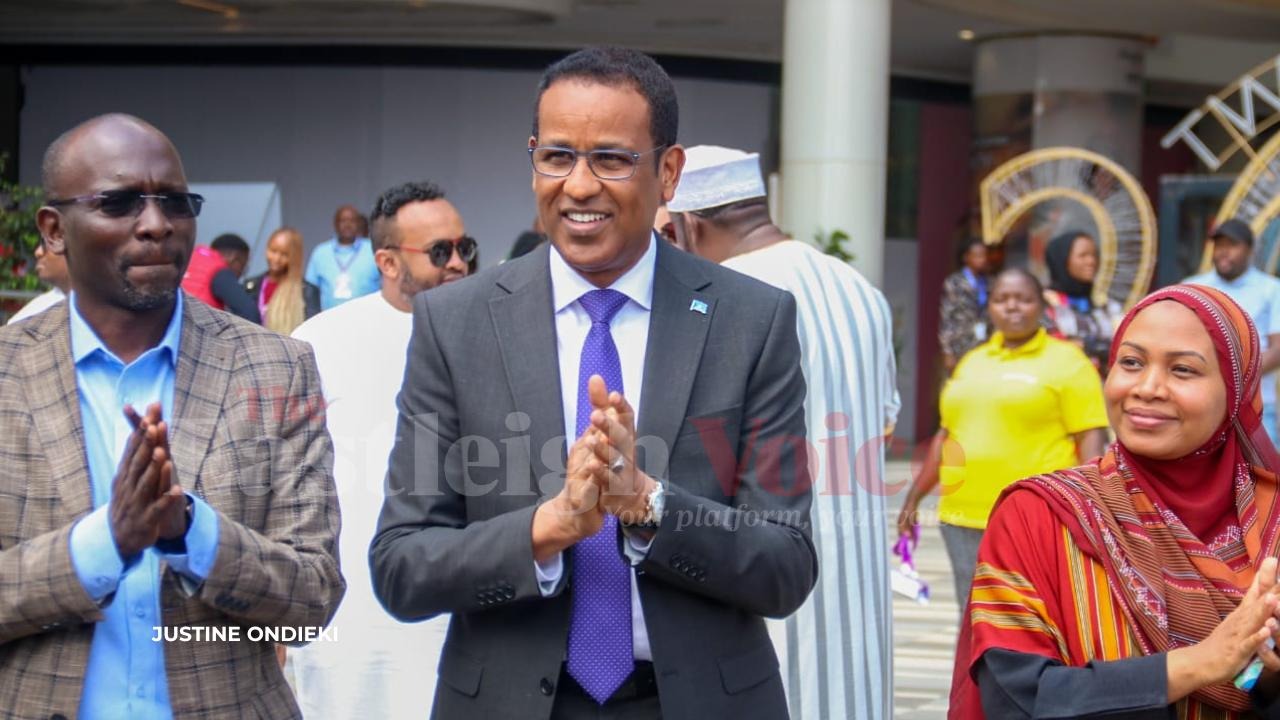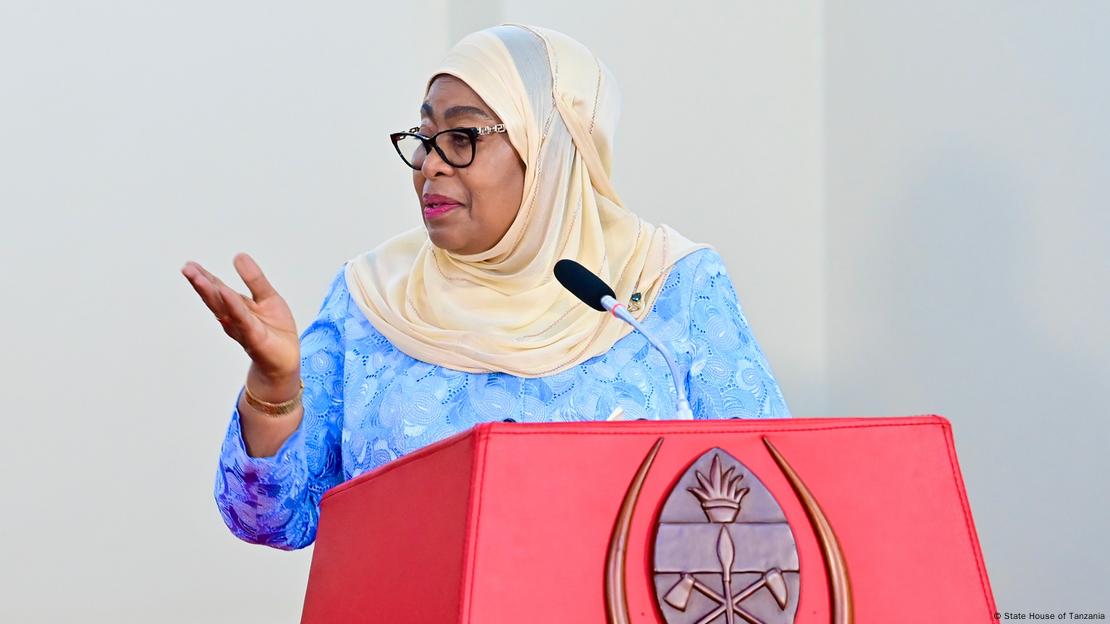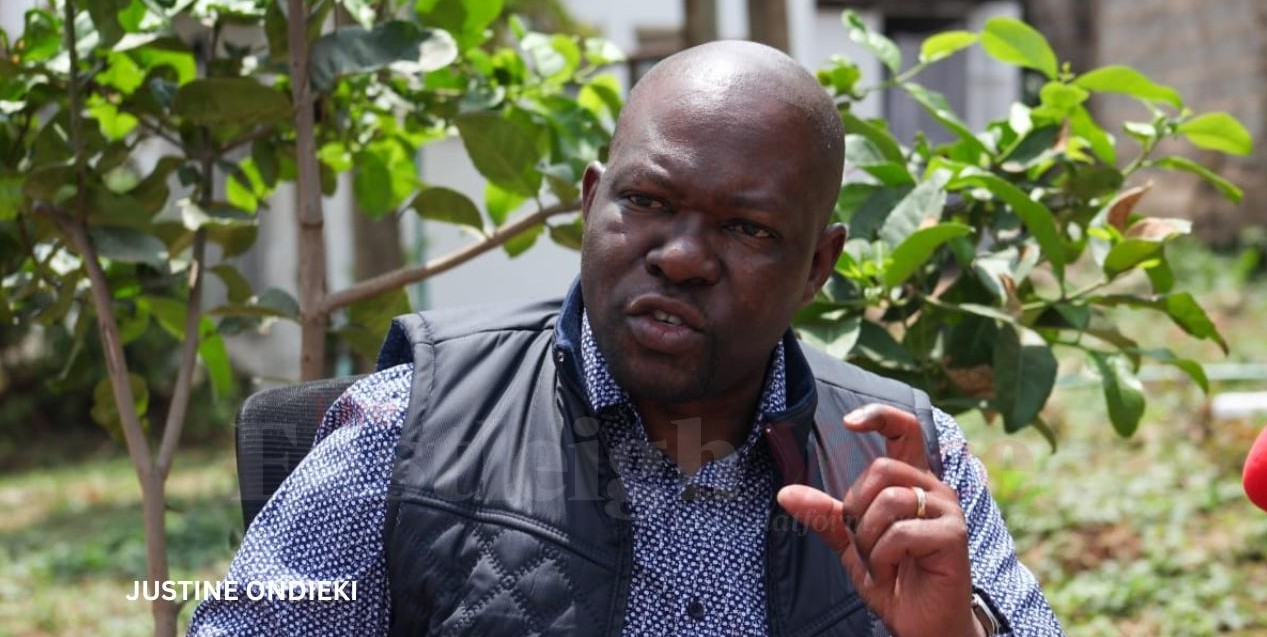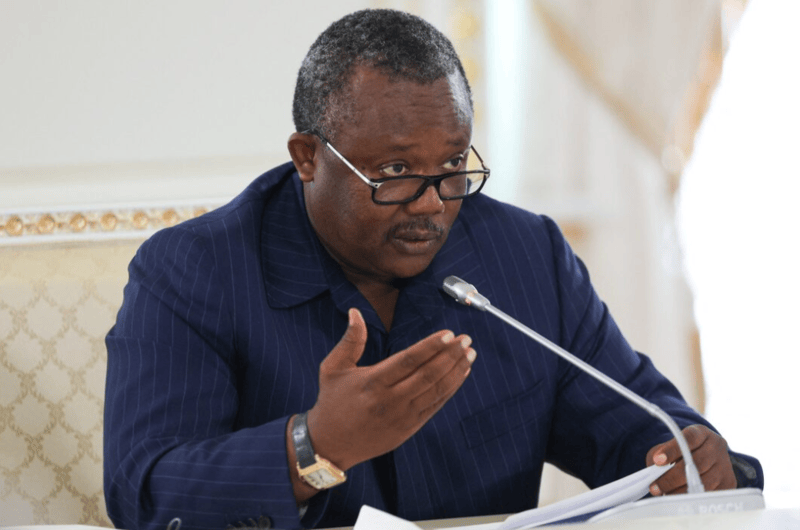County assemblies want direct treasury funding, legal backing
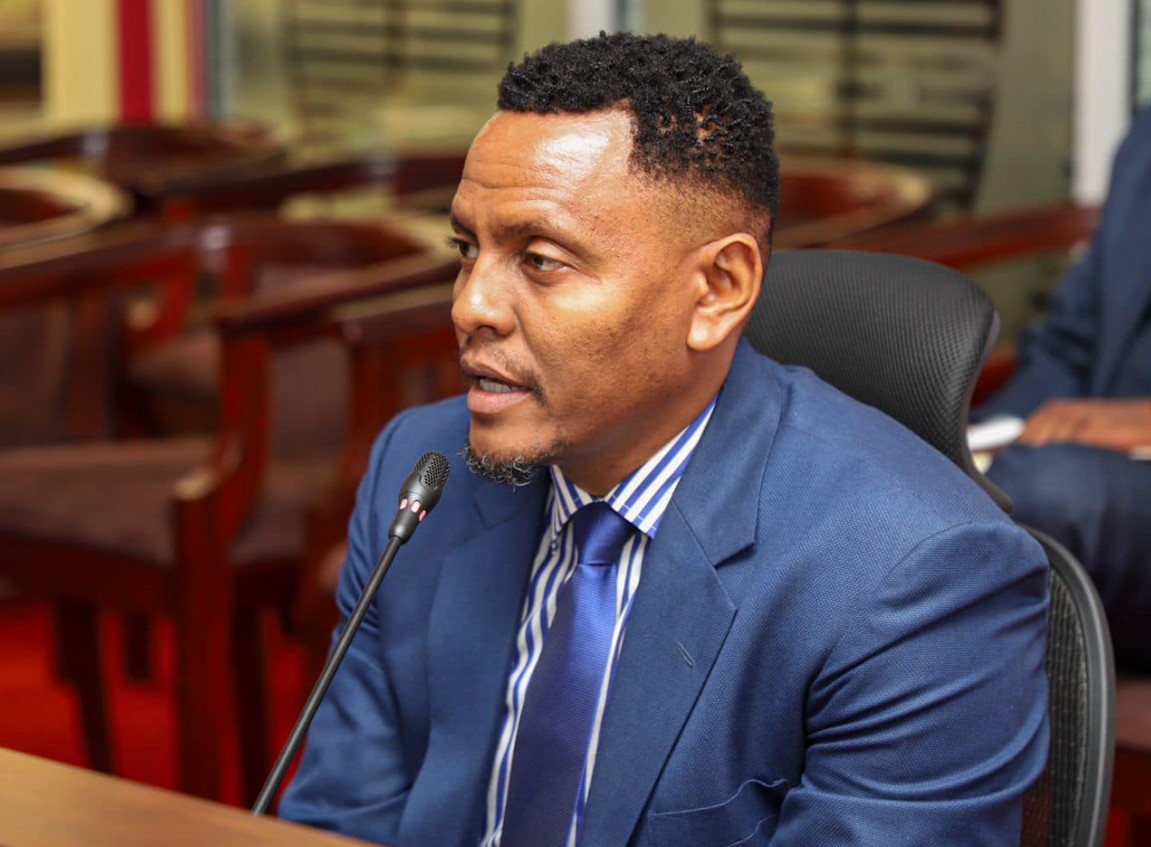
County Assemblies Forum Secretary General Mwaura Chege said county assemblies are unable to function effectively because their operations depend on approval from county executive officers.
The County Assemblies Forum (CAF) has called on Parliament to amend the Intergovernmental Relations Bill, 2024, to grant financial autonomy to county assemblies and legally anchor CAF’s role in the devolved governance structure.
Speaking during a consultative meeting with the National Assembly’s Departmental Committee on Regional Development on Tuesday, CAF Secretary General Mwaura Chege said county assemblies are unable to function effectively because their operations depend on approval from county executive officers.
More To Read
- Why City Hall moved hospital accounts to Sidian Bank- Sakaja
- Bomet, Homa Bay, Kirinyaga among counties with highest hiring imbalances - report
- Senate flags 24 State agencies still performing county functions
- County Assemblies Forum urges MPs to amend Pension Bill, citing gaps in retirement protection for MCAs
- Court nullifies Agriculture Ministry tender to lease Bachuma Livestock Station
- Raila will be remembered as Kenya’s stabiliser and champion of peace – CoG chair
“We can’t access our funds unless the executive allows it. Yet our budget is mostly operational, not for development projects. That’s the autonomy we’re asking for,” he told MPs during the session chaired by Peter Lochakapong.
CAF wants Parliament to amend the law to allow county assemblies to receive funding directly from the National Treasury, removing the current requirement for approval from County Executive Committee Members for Finance. The forum believes this change would insulate MCAs from political interference and allow assemblies to carry out their work independently.
Mwaura said CAF has played a key oversight and coordination role among all 47 county assemblies since 2013, but unlike the Council of Governors, it lacks legal recognition.
“CAF plays a critical oversight and consultative role in our devolved system. Legal recognition would institutionalise this role and restore balance between the legislative and executive arms at the county level,” he said.
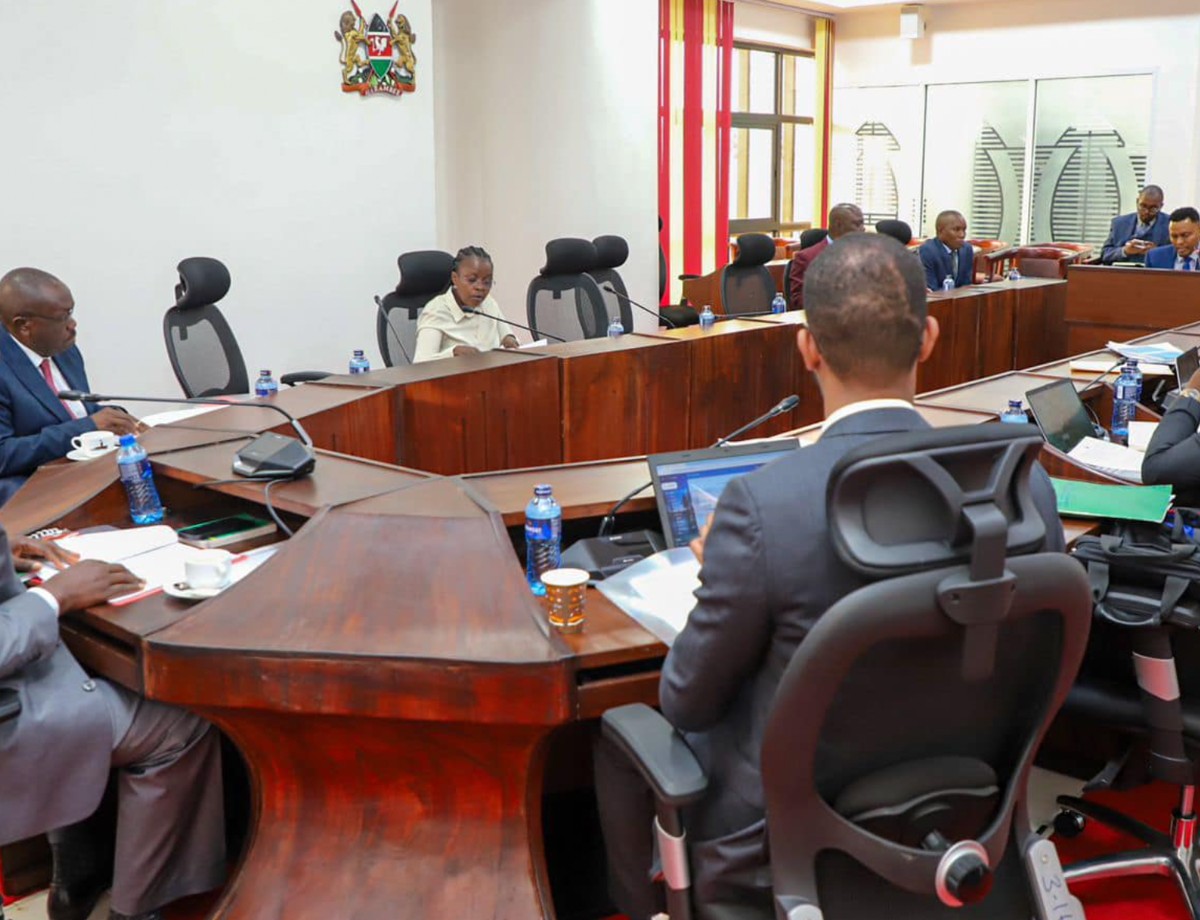 County Assemblies Forum Secretary General Mwaura Chege during a meeting with National Assembly’s Departmental Committee on Regional Development at Bunge Towers, Nairobi on May 27, 2025. (Photo: National Assembly)
County Assemblies Forum Secretary General Mwaura Chege during a meeting with National Assembly’s Departmental Committee on Regional Development at Bunge Towers, Nairobi on May 27, 2025. (Photo: National Assembly)
Several MPs backed the proposals, citing personal and political experience. Mandera Woman Representative Kassim Umul Ker Sheikh, a former MCA, said county assemblies are often stalled by a lack of funding. “MCAs are often helpless, waiting on executives for funding. They need their operational budgets to work effectively,” she said.
Embu MP Pamela Njoki Njeru said some governors and CEC Members use funds to frustrate county assemblies. “MCAs are suffering. If they fall out with a governor or a CEC, everything stops. We need to break that cycle,” she said. She added that MCAs are often blocked by the very officials they helped approve, a situation she described as unfair and harmful to devolution.
Peter Nabulindo, MP for Matungu, said the current structure allows CEC Members to control assembly spending, making it difficult for MCAs to hold them accountable. “If a CEC is signing off cheques for assembly operations, how can MCAs truly perform oversight?” he asked.
Committee Vice-Chair Paul Abour said even national lawmakers struggle with executive control over budgets, showing the problem is widespread. “Even MPs struggle when the executive holds the purse strings,” he said.
CAF also raised concerns over growing disparities between MCAs and CEC Members in terms of pay and authority. “This Bill must fix that imbalance,” Mwaura said, noting that CECs now earn nearly three times more than MCAs, despite having equal status at the start of devolution.
The Committee is currently gathering input from stakeholders and will prepare a detailed report for submission to Parliament, which will help shape the final form of the Intergovernmental Relations Bill.
Top Stories Today
